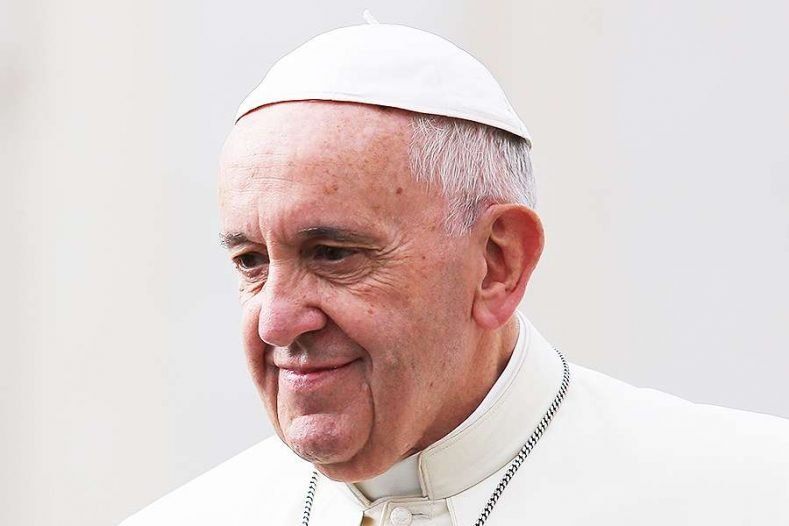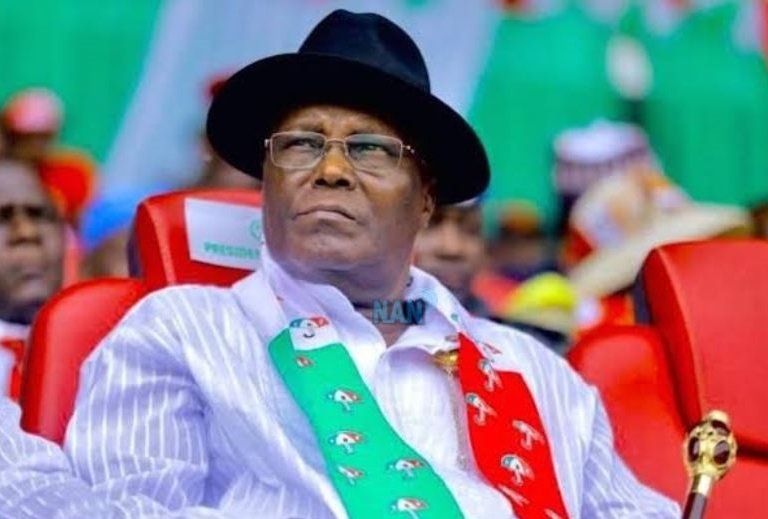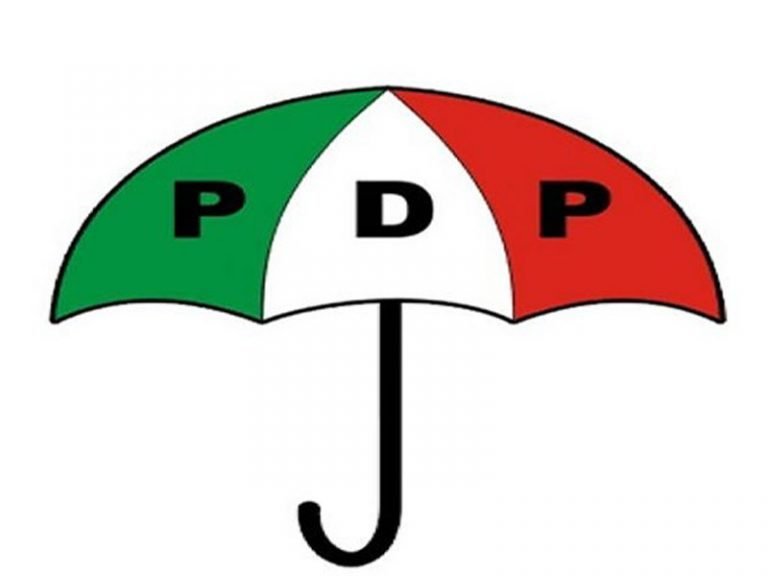The naira has been rated as one of the worst-performing currencies in Sub-Saharan Africa in 2024.
This is according to the current edition of Africa’s Pulse, a new World Bank report.
As of the end of August 2024, the naira had depreciated by about 43% year to date, making it one of the region’s worst currencies with the Ethiopian birr and South Sudanese pound.
The naira’s depreciation is ascribed to a number of factors, including increased demand for US dollars in the parallel market, limited dollar inflows, and delays in foreign exchange disbursements by Nigeria’s Central Bank.
According to the World Bank report, demand for dollars from financial institutions, non-financial end users, and money managers has aggravated the naira’s problems.
It noted, “By August 2024, the Ethiopian birr, Nigerian naira, and South Sudanese pound were among the worst performers in the region. The Nigerian naira continued losing value, with a year-to-date depreciation of about 43 percent as of end-August.
“Surges in demand for US dollars in the parallel market, driven by financial institutions, money managers, and non-financial end-users, combined with limited dollar inflows and slow foreign exchange disbursements to currency exchange bureaus by the central bank, explain the weakening of the naira.”
This condition has lasted despite some foreign exchange market reforms implemented by the Nigerian government, such as the liberalisation of the official exchange rate, which began in June 2023.
However, these attempts have thus far proven insufficient to stabilise the currency.
The naira’s depreciation reflects broader economic issues in Nigeria, such as inadequate foreign currency reserves and persistent inflationary pressures.
The research also observes that the naira’s depreciation has contributed to higher domestic pricing, notably for imported items, complicating matters for Nigerian consumers.
In contrast, other African currencies that encountered issues in 2023, such as the Kenyan shilling and South African rand, are showing signs of recovery this year.
The Kenyan shilling, for example, will have risen by 21% year to date by the end of August 2024, placing it among the region’s top achievers.
Despite this, many African economies continue to face major foreign exchange shortages and exchange rate pressures.
The World Bank’s analysis provides a cautious view for Nigeria’s economic growth, projecting a 3.3% expansion in 2024 and a little acceleration to 3.6% in 2025-2026.
The report read: “Economic growth in Nigeria is projected at 3.3 percent in 2024 and 3.6 percent in 2025–26 as macroeconomic and fiscal reforms gradually start yielding results. Inflation peaked in June 2024 (at 34.2 percent year-on-year) and decelerated to 33.4 percent in July and further to 32.2 percent in August.”
It further stated that after the Nigerian government decided to remove fuel subsidy in mid-2023, petrol prices skyrocketed, having a rippling effect on inflation throughout the country.
According to the research, this policy move, which caused petrol prices to treble initially, will grow by another 40-45 percent in September 2024, raising transportation and logistics expenses for both businesses and consumers.











